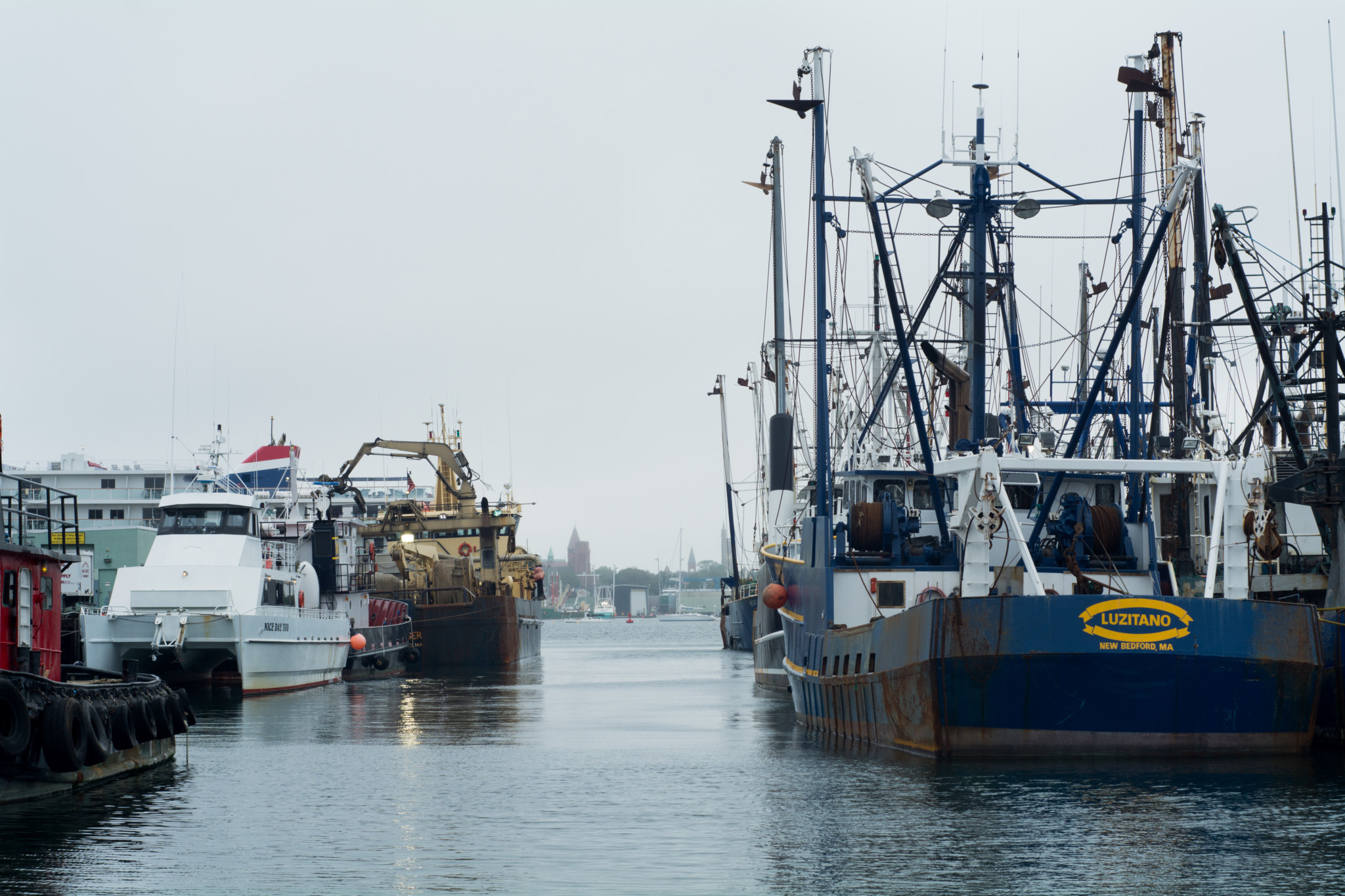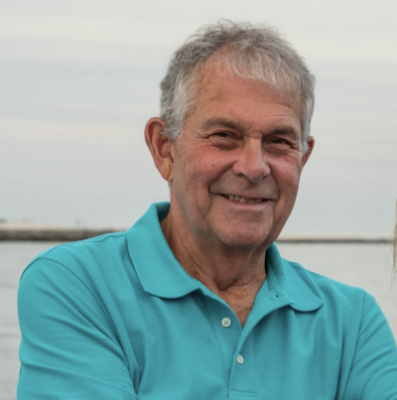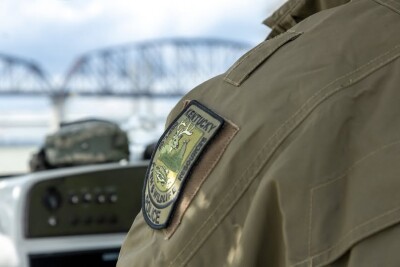Nearly eight months after NMFS announced the decision to shut down Northeast Fishing Sector IX following the criminal trial of quota-skirting kingpin Carlos "the Codfather" Rafael, the agency lifted the ban that has kept at least 80 fishermen off the water and out of work.
NMFS announced the end of the ban on Thursday, approving lease-only operation plans for Sector IX and allocated quota for Sector VII.
When little headway was being made in lifting the ban this spring, 55 vessels in Sector IX, including four owned by Rafael, moved to be included in Sector VII for the 2018-19 fishing season in order to lease their quota and recoup losses from missed fishing time.
The process was slow moving, with quota remaining frozen while NMFS officials and the New England Fishery Management Council worked to review and approve a new operating plan.
NMFS' final rule on the situation — published and opened for comment on Friday, July 20 — “determines the quota overages that Northeast Fishery Sector IX is responsible for paying back, allocates annual catch entitlements to Northeast Fishery Sectors VII and IX for the 2018 fishing year, approves a new lease-only operations plan for Northeast Fishery Sector IX, and approves a substantive amendment to Northeast Fishery Sector VII operations plan,” according to the Federal Register.
Sector IX will not become operational until repays the overage quota of 72,224 pounds of witch flounder. According to reports, because Sector IX doesn’t have witch flounder quota in this fishing season, the overage will be transferred from Sector VII, where 55 Rafael vessels transferred.
Sector VII vessels owned by Rafael can begin fishing only when the fleet is sold, but now they are allowed to lease quota.
“It was in effect immediately. That was shocking to me. That was great news. It allows us to start leasing right away ...if we can. It’s tough.” said Cassie Canastra, who is on the board of Sector VII, in an interview with the New Bedford Standard Times. "It doesn’t really help increase shoreside business activity that much because a lot of those boats can’t go fishing. I think this is step one in the whole process. We already knew it was going to have be this way.”
Stephanie Rafael-DeMello, Sector IX Manager and Rafael’s daughter, did not immediately respond to interview requests.
State legislators were supportive of the news, releasing statements on getting the fishing fleet back to work.
“This plan allows our fishing families and business to get back to work. One man committed criminal actions and he's justifiably in jail, but a lot of innocent people and businesses paid a price for his fraud. Finally, the industry can now move forward and I will continue to do everything to help fishermen and their way of life that embodies the Massachusetts spirit," U.S. Senator Elizabeth Warren (D-Mass.) in a statement.
"NOAA's actions mean that our impacted New Bedford fishermen will be able to get back in the water,” said U.S. Senator Ed Markey (D-Mass.). “I am glad that fishing sectors IX and VII finally have a path forward to restore the important balance between sustainable fishing and fishermen's livelihoods. I will continue to monitor this situation to ensure continued progress and a fair resolution so we can ensure that our Massachusetts fishermen and fishing-related businesses thrive.”
New Bedford fishermen and officials, including New Bedford Mayor Jon Mitchell, have long said that the fishermen of New Bedford should not have been punished so severely for the actions of Rafael and his criminal activity, but NMFS has repeatedly put blame on the sector for not watching the situation.
“We do consider the economic effects of regulatory actions; however, in this case, we took measures necessary to ensure and maintain the integrity of the entire groundfish sector system,” NOAA wrote. “We did not suspend Sector IX’s operations because Carlos Rafael broke the law; we suspended Sector IX’s operations because the sector failed to abide by the requirements and obligations of its own sector operations plan. It is inherent in the sector system that sectors be accountable for the behavior and actions of their members, and that the sectors ensure compliance with their operations plans and the regulations. Sector IX did not meet this standard.”
While the lifting of the ban has been met with positive reactions from the industry, affected communities understand that this is just the first step in what could be a long process.
“Our focus now will be to advocate for the timely conclusion of the remaining civil enforcement case against Carlos Rafael and the transfer of his vessels and permits to third parties in the Port of New Bedford," said Mitchell. "Only then can we move past lease-only arrangements and return to normal groundfishing operations and management."







